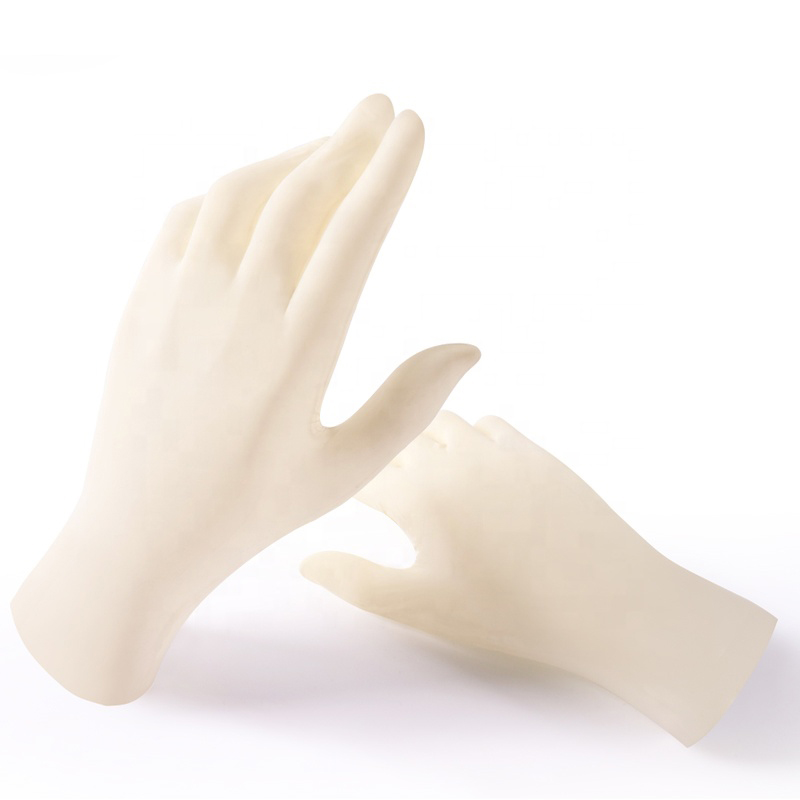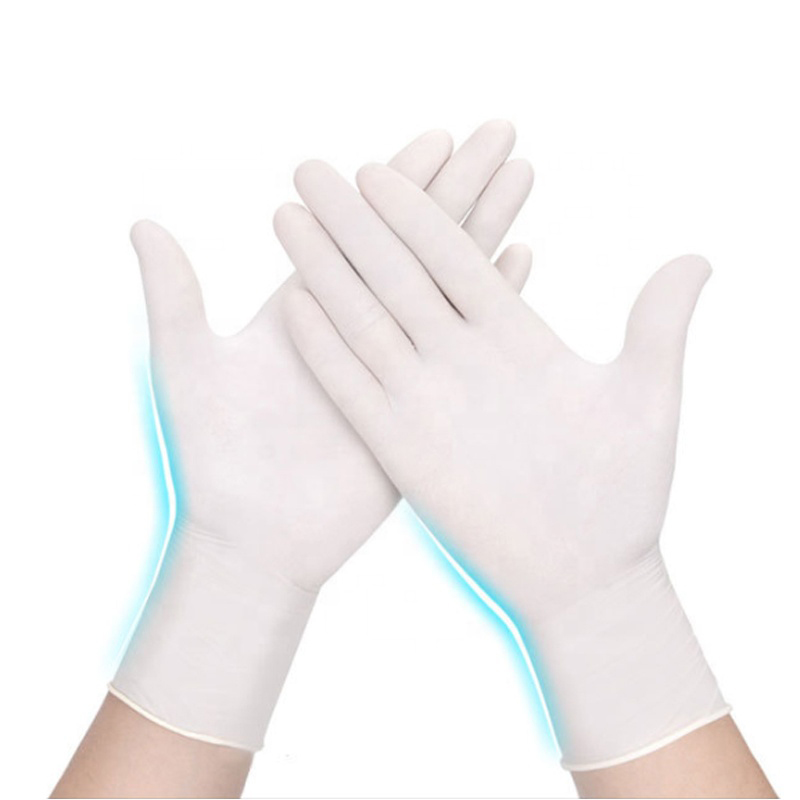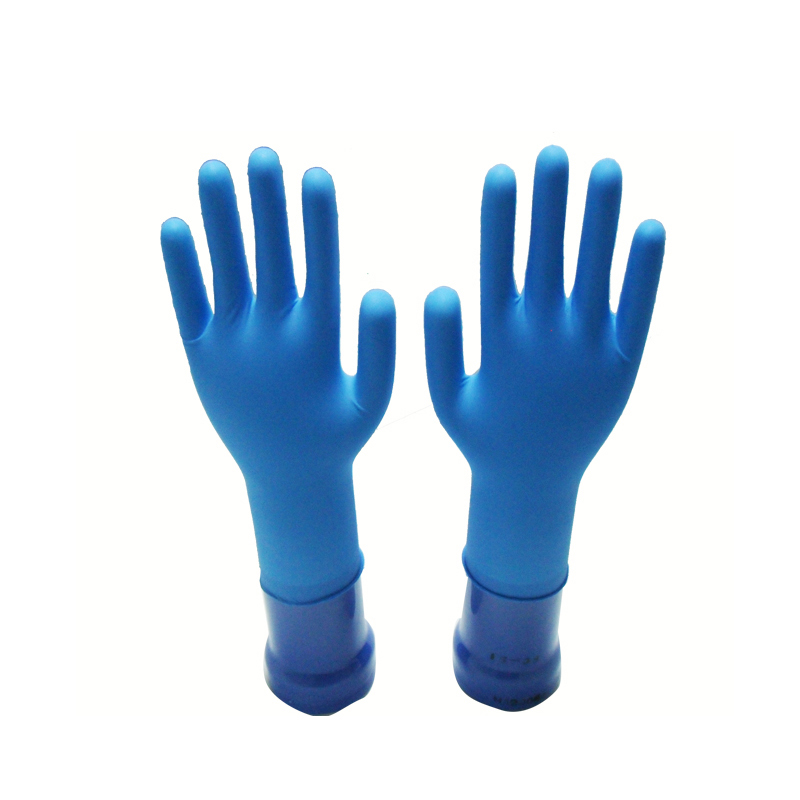Dialogue Nobel Laureate Gilbert: I understand big data and whole genome sequencing
Release date: 2014-10-09
Knowing your DNA will is not a panacea.-by Walter Gilbert
Walter Gilbert is an American physicist and biochemist and one of the early researchers in molecular biology.
In 1980, with Frederick Sanger, he developed the Nobel Prize in Chemistry with Paul Berg. He used the principle of Sanger's direct reading method to independently propose a simpler method for determining the nucleotide sequence - chemical degradation. He uses a chemical reaction to cut DNA into a series of nucleotide fragments of different lengths, one end of which is identical and labeled with a radioisotope. The length of each fragment and the last nucleotide at the other end determine the corresponding position of the DNA. Order.
At the "The Lindau Nobel Laureate Meetings" held in Lindau, Bavaria, Germany in 2014, Mohit Kumar Jolly from Rice University in the United States interviewed the pioneering DNA sequence. Method of Nobel Prize winner.
Walter Gilbert and Mohit Kumar Jolly at Lindau in 2014
Mohit Kumar Jolly (MKJ): It seems that your introduction, you got a Ph.D. in mathematics from Cambridge University, soon became a professor of theoretical physics at Harvard University, and later worked in molecular biology, and in the field of Nobel Prize in Chemistry. achievement. Can you tell us how to cross the border in these three different areas?
Walter Gilbert (WG): Actually, in my life, I have changed the field of research many times because I always wanted to explore new things. I was in college, studying chemical and physics, but found that chemistry was boring, so I focused on high-energy quantum field theory.
After obtaining my Ph.D., I was a physics teacher at Harvard University, focusing on quantum mechanics and electromagnetics.
Later, I met James Watson at a party in Cambridge, England. He gave me six articles to let me know about the molecular biology experiments they are doing. After I visited their lab, I felt that their work was very interesting.
Therefore, after sending away my upcoming graduate of theoretical physics, I became a molecular biologist.
At that point in time, I even opened a bio company called "Biogen" and served as the company's five-year CEO in the 1980s. This is a completely different experience for a researcher.
In 2002, I closed my lab; now I am a producer and consumer of contemporary art.
Walter Gilbert: "I have always found it very easy to change fields. In this process, I have realized that the purpose of education is to make you think about all different kinds of things in the world."
——I always think that cross-border is not a difficult thing. In the process, I think the ultimate goal of education is to “make you think about different people and things in the worldâ€!
Gilbert presents his work to another Nobel Laureate Brian Kobilka
Mohit Kumar Jolly (MKJ): We know that you have won the Nobel Prize for discovering DNA sequencing. When did you realize that whole-genome sequencing would be cheaper?
Walter Gilbert (WG): The cost of DNA sequencing will continue to drop, which is expected. In 1985, the cost of an individual's whole genome sequencing was as high as $3 billion; today, a person's whole genome sequencing is only $50,000. I hope that by 2020, whether it is hospital or third-party testing, the cost of personal whole-genome sequencing can be reduced to a few hundred dollars.
But everyone needs to be aware that whole-genome sequencing does not necessarily mean "precise medicine." I have sequenced my own genome, but it ignores local genomic rearrangements, so this is not absolute. "Precision medical care."
Perhaps in the eyes of ordinary people, as long as we have genome-wide sequencing, we can design high-intelligence offspring by editing our genes, but I can only say that this is a "myth" because it is not a biology. The gene corresponds to a unique attribute.
Walter Gilbert talking to a Young scientist at #LNLM14
Mohit Kumar Jolly (MKJ): The current topic of “individualized medicine†is relatively hot. What do you think about the prospect of “personalized medicine�
Walter Gilbert (WG): From my personal point of view, I am very optimistic about the development of "personalized medicine." However, there are currently two opposing views on “individualized medicine†on the market.
From the patient's point of view, each patient has a different metabolic mechanism, even if the same disease will have different clinical manifestations. The same cancers perform differently in different people. The only way to do this is to classify them into limited subtypes, but develop drugs for these subtypes, but they are not very efficient.
Another point of view is that from the perspective of large pharmaceutical companies and drug developers, they do not like “personalized medicineâ€. They prefer the standardization method; otherwise, how do they sell “generic drugs†that are mass-produced?
What puzzles me is why the pharmaceutical companies are not aware that "when the gene sequencing is getting deeper and deeper, the subtypes of the cases will be classified more and more fine, which will further contribute to the clinical trial of the drug." Therefore, I believe that pharmaceutical tycoons want to occupy the commanding heights of the "gene sequencing" market, they must first change their own ideas.
Mohit Kumar Jolly (MKJ): Another hot topic in the field of life and health is “Big Dataâ€. What do you think?
Walter Gilbert (WG): “Big data†is the collection of large data sets to discover the correlation between genes and diseases. There is no doubt that the data we collect is useful, but the problem is that many times we don't know how to interpret it.
In addition, you must remember that all statistical significance does not mean biologically significant. Therefore, big data is definitely not a panacea.
Mohit Kumar Jolly (MKJ): There is also a more controversial issue recently. Regarding the application for “gene patentsâ€, what do you think of the “gene patent†application?
Walter Gilbert (WG): I agree with the Supreme Court's decision that we cannot apply for patents for any naturally occurring species. Since the gene is part of an individual, I don't think it should be allowed to apply for a patent.
However, I believe that some companies that apply for a diagnosis based on a specific gene that produces certain diseases (genetic tests) can be patented.
And I think that patents are completely ethical behavior. It belongs to a social superstructure that gives a monopolistic behavior that rewards the author of an invention. Therefore, patents can only control business behavior, rather than being used to dominate academic research. Scientific research should be developed and shared.
Source: Bio-Exploration
Viruses and bacteria are everywhere. Preventing them in advance is the best way to reduce the risk of infection. Wearing a mask and washing hands frequently are crucial. The new type of coronavirus has the characteristics of contact transmission, and the fact that the virus exists on the doorknob of patients with pneumonia has also shown the necessity of paying attention to hand hygiene and wearing disposable protective gloves.
Whether it is going out to purchase daily necessities or buying through online platforms, it is inevitable to come into contact with "foreign" items, such as supermarket shopping carts, packaging bags, express packaging boxes, etc., and more things need to be touched after resuming work, such as It is inevitable to take public transportation, elevators, etc., these places may have been touched by patients or suspected patients. Wearing disposable protective gloves is an effective means to reduce the risk of infection when there is no condition to wash your hands at any time.



Medical Glove,medical nitrile gloves,Disposable examination medical gloves,surgical gloves
Shanghai Rocatti Biotechnology Co.,Ltd , https://www.shljdmedical.com